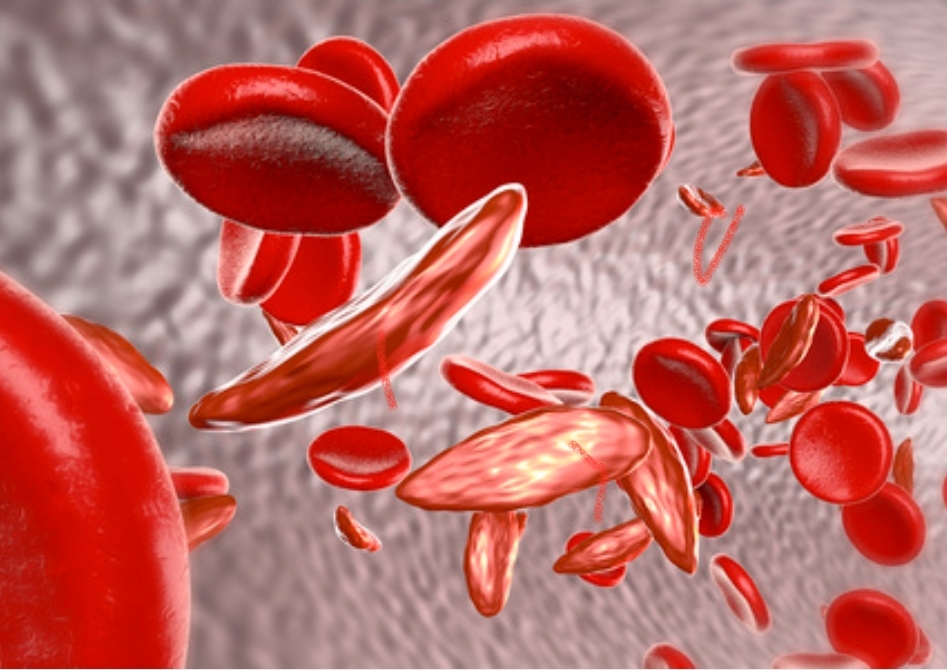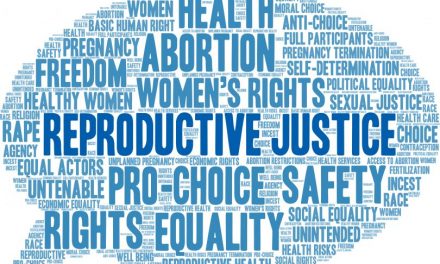Compatibility in partnerships and marriages are vital and it is necessary that couples relate together with equality and respect. Being compatible should should include some of the most important aspects; like medical compatibility (medical tests). Some of these tests include pelvic scan, seminal analysis, fertility, genotype, blood group, hepatitis, HIV & STD (sexually transmitted diseases), thalassemia and above all the mental state. There are other tests which may be necessary depending on the descent of the ones involved.

Lots of African women are blamed for miscarriages, infertility and neonatal deaths without proper medical background checks to ascertain the cause or if the infertility is as a result of their male partners having health issues. Men with the blood group O have invariably higher prevalence of infertility as compared to other blood groups. This does not mean all men who are in that group are infertile, but women should know the blood compatibility of their partners to theirs. Most women never bother to know the medical state of their prospective partners. Women in Africa have been conditioned with religion and old cultural beliefs that marriage is the pride of a woman, as such most women never bother about medical examinations when a man proposes marriage to them. This has made a lot of women tolerate hatred from in-laws’, suppression and bullying all in the name of being submissive or keeping mute to stay married over issues they have no control over.
Blood and fertility tests are often ignored by women. Conversations centered around such are treated as unimportant with most men claiming their blood is pure and making statements like “do I look like an infertile man or am I not fit?”. Most women get carried away at the mention of marriage by men during their dating periods. From my interactions with some women, many of them know their husbands or partners are the cause of infertility but they are too scared to voice that out as they do not want to disgrace their husbands.

Here are real life stories of what some women have gone through which are common in the African context;
- Maame was always visiting herbalists, pastors and doctors because she wanted a child by all means but her husband would not follow her to any of these appointments because he and his mother automatically assumed that the fault was with Maame. Upon persuasion from Maame after seven years her husband went to the hospital with her and it was discovered that he had a low sperm count. They have three children now and the mother-in-law cannot visit them because of her guilty conscience.
- When Lady A agreed to marry her then fiancé, now husband after two years of dating, she never knew the love could turn sour after the birth of their second child who was confirmed to be a “sickler” (have sickle cell disease SS) when he started falling sick often. Tests were conducted and both parents were found to have sickle traits (Sickle Cell Carrier AS).
- Lovia was the talk among her friends because she had a handsome guy as a boyfriend who proposed to her, she accepted and dates were fixed. Both agreed to counseling of which they were advised to have medical tests, that was when they both knew they were not compatible. After careful analysis they chose the better path to separate.
- Mama Ibeji (mama twins) as she was called because she had a set of twins before her SCD child told me she and the husband both knew they were at a risk of having a sickle child but they believed God answers prayers but alas science was vindicated.
- Peki and her husband had four children who were all well until one got sick and then a routine check was conducted. She and her husband were both AS but their children were all AA. This was “luck” from nature because they were both ignorant so they never had blood tests prior to marriage. The child later died even though they lived in a country with advanced medical technology.
The genetic makeup of any individual is called genotype while the description of actual physical characteristics is phenotype.
The genotypes in humans are AA, AS, AC and SS. Sickle cell disease (SCD / SS) is different from Sickle Cell Trait (SCT / AS). The blood cells inherited from both parents which are disordered are called sickle blood cell, which is the cause of sickle cell disease. Oxygen is transported through the body by the blood cells. The SCD (SS) blood cells are shaped like half-moon so cannot be properly transported through small blood vessels as they get stuck. The crisis period is always severe and very painful. It is not an experience any mother would like to see a child go through for years. Women with SCT and SCD should be conscious of this at the onset of dating. The blood groups who should never compromise getting married (if both want kids) or intend to be partner parents are AS vs AS, AS vs SS, AS vs SC, SC vs SC, SC vs SS and SS vs SS. There is however a misconception on AS vs AS that only one of the offspring would be SS. NO! At every pregnancy there is 25% chance of the fetus being sickle celled (SS) so all four kids can be SS.

There are different types of protein found in the body, rhesus (Rh) factor is the type found on red blood cells and they are inherited. Not everyone has this protein, so there are rhesus positive and negative blood types. Women need to know their rhesus factor when the partner or sperm donor is rhesus positive because it could lead to severe hemolytic disease in their babies. On a general note, rhesus factor does not have any effect except one needs a transfusion or is pregnant.
One can marry any partner of their choice but being in the know can bring about more trust and whoever it is will be ready or aware of any consequences ahead. As women let us make better choices so we can be emancipated and be bold to say no to nature empowered suppression. Tracy tells her story about living with Sickle Cell as an African woman here.
DISCLAIMER: Picture of pregnant woman used has nothing to do with the content of the article.
https://www.scienceabc.com/humans/is-it-important-to-compare-blood-groups-with-your-partner.html
https://www.cdc.gov/ncbddd/sicklecell/pregnancy.html
https://www.urmc.rochester.edu/encyclopedia/content.aspx?ContentTypeID=90&ContentID=P02327





